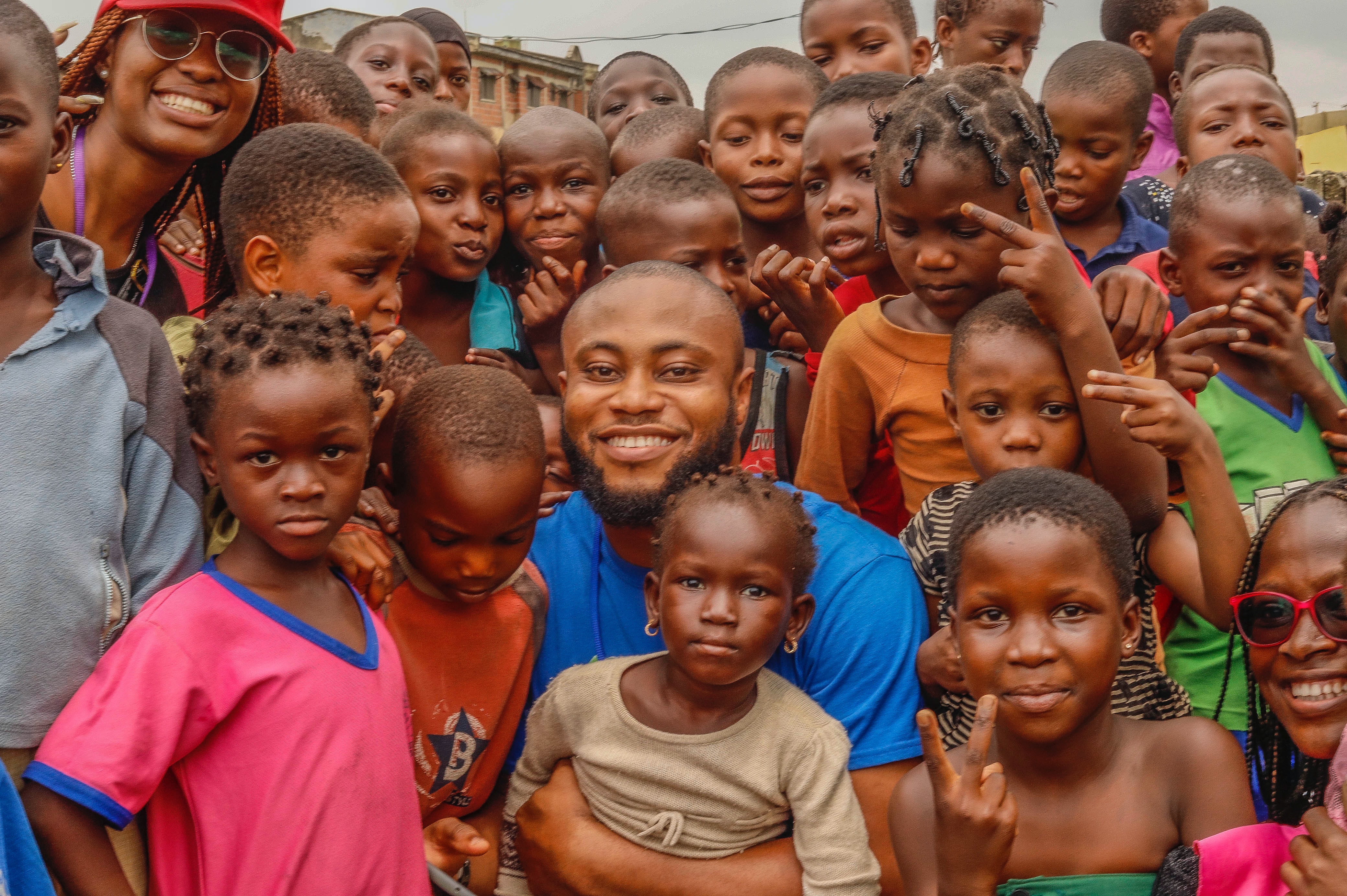The Role of Social Connections in Coping with the Current Drought in Somalia
Building and maintaining social connections with the community may be the key to resilience during drought.
Image

The Somalia Resilience Population Measurement (RPM) Activity conducted a qualitative and quantitative study to understand if and how households are coping during the ongoing drought. RPM is a five-year, USAID-funded project coordinated and co-implemented by Mercy Corps. Through a five-year panel survey and recurrent monitoring survey (RMS), the project seeks to improve upon current resilience measurement approaches in order to inform program adaptation and better decision-making. In this first round of the RMS, the research team focused on agro-pastoral households living in select geographic zones most severely affected by the drought.
Addressing the Impacts of Drought
Conversations with global and local aid actors, community leaders and program participants in Somalia helped inform vital, short-term strategies that can address the immediate impacts of the drought, as well as long-term programming to strengthen household resilience:
- Monitor and improve targeting approaches to better account for social connections to help minimize social exclusion and mitigate increasing tensions.
- Strengthen informal support connections by partnering and working with local community actors, who are deeply embedded in their communities and pre-positioned to reach vulnerable households.
Research Priorities
The research was guided by an initial set of learning questions that examine the role of social connections in coping and the forces that shape it:
- How are households using social connections to respond to the drought?
- In what ways do locally led initiatives support shock-affected households?
- What are some of the main risks and opportunities for aid actors to build social connections during a crisis?
Social Connections are Essential to Household Resilience
Although the types of connections households possessed varied, some participants noted that those with more social connections — and who, by extension, had better access to resources — often shared with less well-connected households. However, these connections have become increasingly exhausted as households’ capacity to share has declined. Diminished sharing capacities among households in communities where informal support networks are a critical source of resilience, is emblematic of the dire humanitarian conditions many are facing.
By the time of the quantitative survey, August to September 2022, social connections were becoming exhausted, with the majority of households reporting having no support sources. The most frequently reported sources were family, friends and neighbors, followed by international nongovernmental organizations (NGOs) and local NGOs. The most common types of external support received are food donations and cash transfers, although there was variation across livelihood zones.
These findings are bolstered by the large body of research Mercy Corps has on localized support systems. Future rounds of data collection will look to unpack and better understand the support and reciprocity practices between rural and urban social connections, as well as opportunities to leverage these connections to access hard-to-reach areas.
Visit Mercy Corps to learn more about the Somalia RPM Activity and explore additional resources.




